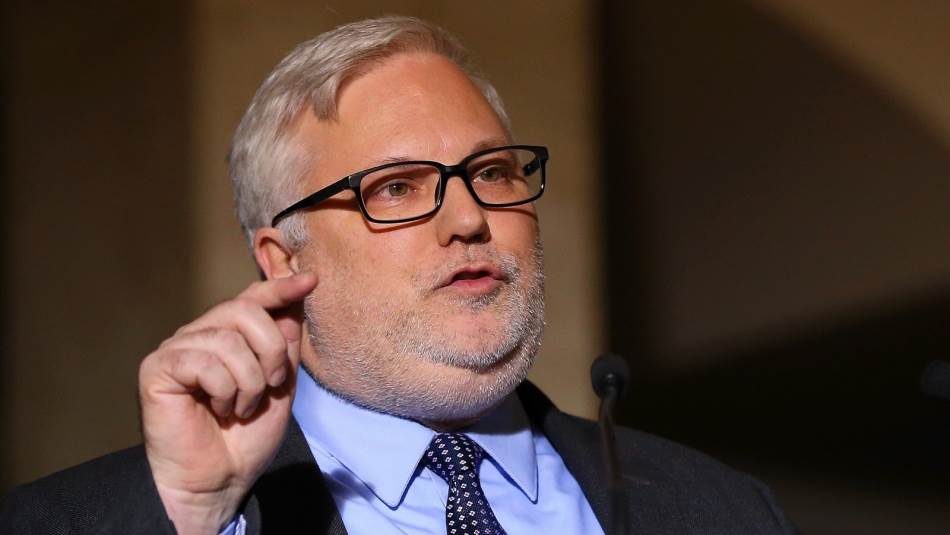The U.S. State Department has confirmed that Joel Rayburn will assume the role of Deputy Assistant Secretary of State for Near Eastern Affairs, with direct oversight of the Syria portfolio. The appointment signals a renewed American focus on the political transformations underway in Syria.
Rayburn is a veteran diplomat and one of Washington’s most prominent figures on Syrian affairs. He previously served as the U.S. Special Envoy for Syria and Deputy Assistant Secretary for Near Eastern Affairs under President Donald Trump. He is widely recognized as a key architect of the Caesar Act sanctions and is known for his firm stance against the regime of ousted president Bashar al-Assad. Rayburn played a central role in shaping U.S. policy aimed at the diplomatic and economic isolation of the former regime.
Close Monitoring of Developments
The State Department emphasized that the United States continues to monitor the evolving situation in Syria closely. While deferring judgment on the newly formed Syrian government to the Syrian people, Washington views the administration of President Ahmad al-Sharaa as technocratic in nature. It also noted that existing U.S. sanctions on Syria are currently under review.
“All sanctions were imposed on the former regime,” the statement noted, “leaving open the possibility of reassessment in light of recent political changes.” The U.S. administration reiterated its opposition to all forms of foreign interference in Syria and expressed support for the new government’s efforts to extend its authority over the entirety of Syrian territory.
The Department further underscored the need to expel all foreign fighters from Syria and prevent the expansion of Iranian influence. However, it cautioned that it is premature to speak of the end of Iran’s role in Syria in the absence of a comprehensive assessment.
Regarding the U.S. military presence in Syria, the State Department affirmed that no decision has been made about withdrawing American forces. Internal deliberations on Syria are ongoing within the administration, with the final decision resting with President Donald Trump.
The Department also denied any U.S. involvement in recent Israeli operations on Syrian territory, stating, “We have no hand in what is happening in Syria,” and emphasized the need for Syria to establish constructive relations with neighboring countries.
Sanctions Under Review
Easing U.S. sanctions has emerged as one of the top priorities for Syria’s new government, particularly as the country grapples with a deepening economic crisis. The Biden administration’s current review of sanctions may signal a potential openness to recalibrating its approach in response to recent developments.
Since taking office, President al-Sharaa’s government has launched a series of political and economic initiatives aimed at rebuilding international trust. These include forming legal committees to address human rights and corruption, and dispatching diplomatic communications to Western capitals calling for a reassessment of sanctions imposed on the Assad regime. Syrian officials argue that the country’s new political reality requires fresh engagement strategies that prioritize the welfare of the Syrian people.
This article was translated and edited by The Syrian Observer. The Syrian Observer has not verified the content of this story. Responsibility for the information and views set out in this article lies entirely with the author.


